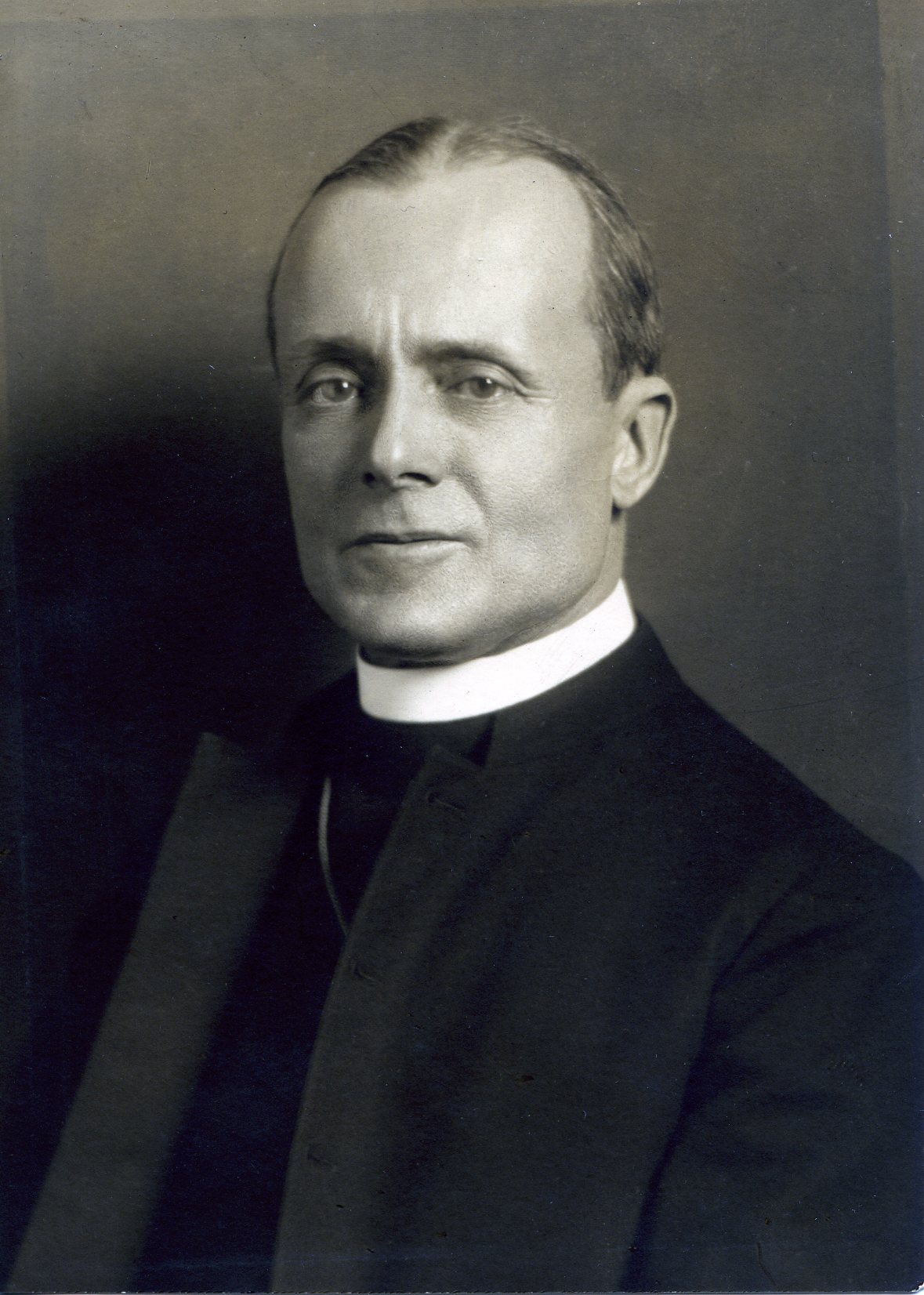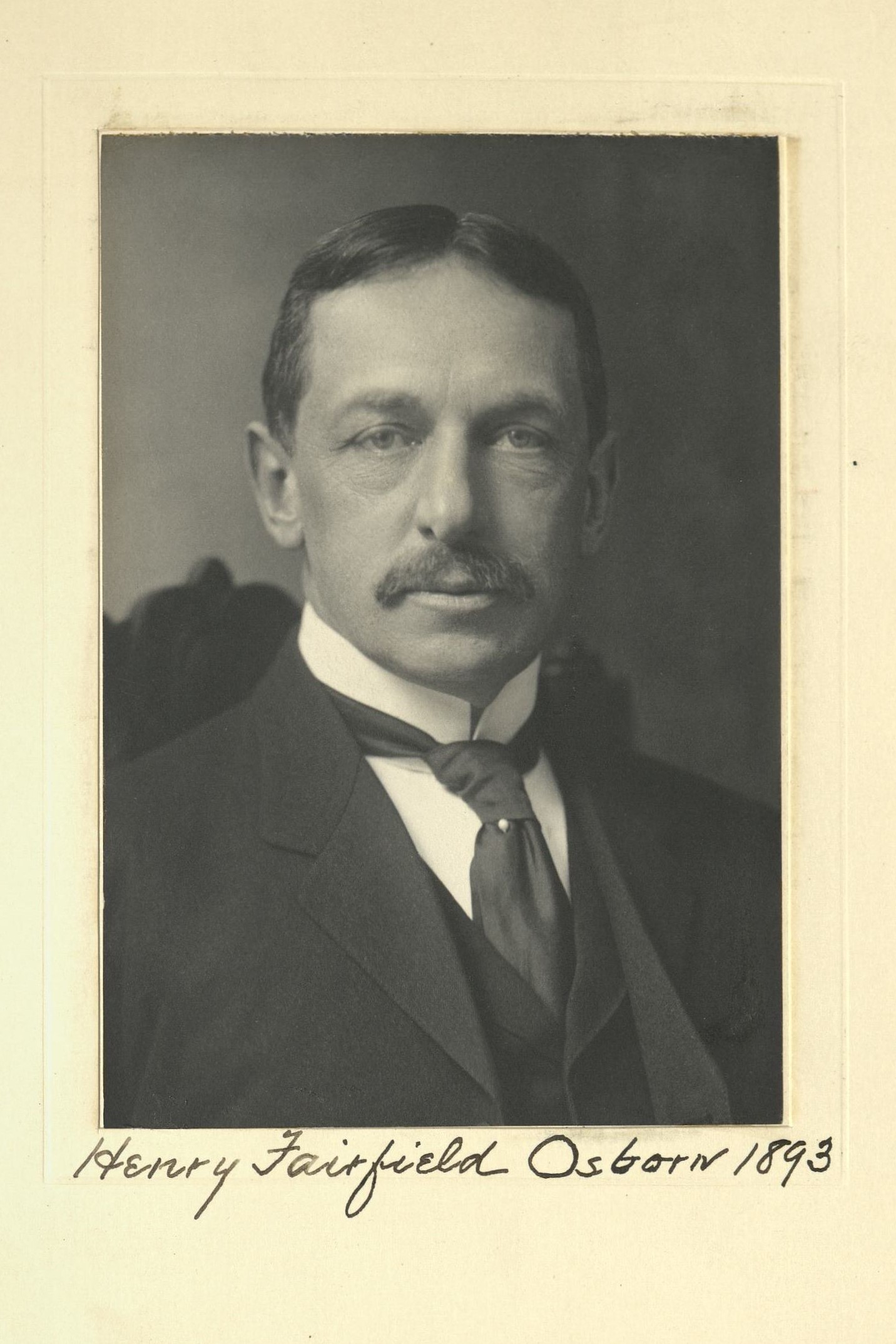Member Directory,
1847 - 1922
E. Clowes Chorley
Clergyman
Centurion, 1913–1949
Henry Fairfield Osborn and William T. Manning
London, England
Manchester, England
Age forty-eight
Garrison, New York

Century Memorial
Edward Clowes Chorley. [Born] 1865. Clergyman.
There are probably no archives in the world upon which such loving care has been lavished as those of records collected in the parish churches of the established Church of England. Through the years, through the centuries men who have cherished the word have preserved and guarded the written record of the past. Some have grown into scholars of such stature as the great Bishop Stubbs whose monumental history of the British Constitution is unchallenged and unsurpassed in three-quarters of a century. The archaeological societies and the county records contain the rich harvest of their scholarship in all years of their printing. Where in their busy lives they found the time, century after century, to exploit the resources at their disposal is a secret no professional scholar ever will discover. But certain it is that the web of history has been enriched by their gleanings. Any volume from any record society publication will do as illustration. It will show that wherever there exists a muniment room in England there have been clerical scholars who have explored and preserved and published information from the past for the enlightenment of the present.
Such a rector was Dr. Chorley, a member of our Association for over a quarter of a century. He was born in England and educated here. He was rector of the Church of St. Phillip’s-in-the-Highlands at Garrison, New York, for forty years, and true to his English prototypes he wrote and published its history. He was also the historiographer and custodian of the archives of the Protestant Episcopal Church; he was the founder and first editor of the Historical Magazine of the church; he was examining chaplain of the New York Diocese. He wrote a half-dozen books on church history, distinguished for their learning and exalted by their style.
He was a man of learning, precise and exact and broad: he was a pastor in the high tradition of a humble servant of his god; he was a man of courage as when he said of the “body and soul clinic” of St. Guthrie’s, then under fire “To deliberately sacrifice this because of conservative criticism approaches a betrayal of the Church of God.”
His services to his Church were well-nigh unique in his generation.
Source: Henry Allen Moe Papers, Mss.B.M722. Reproduced by permission of American Philosophical Society Library & Museum, Philadelphia
Henry Allen Moe
Henry Allen Moe Papers, 1949 Memorials


